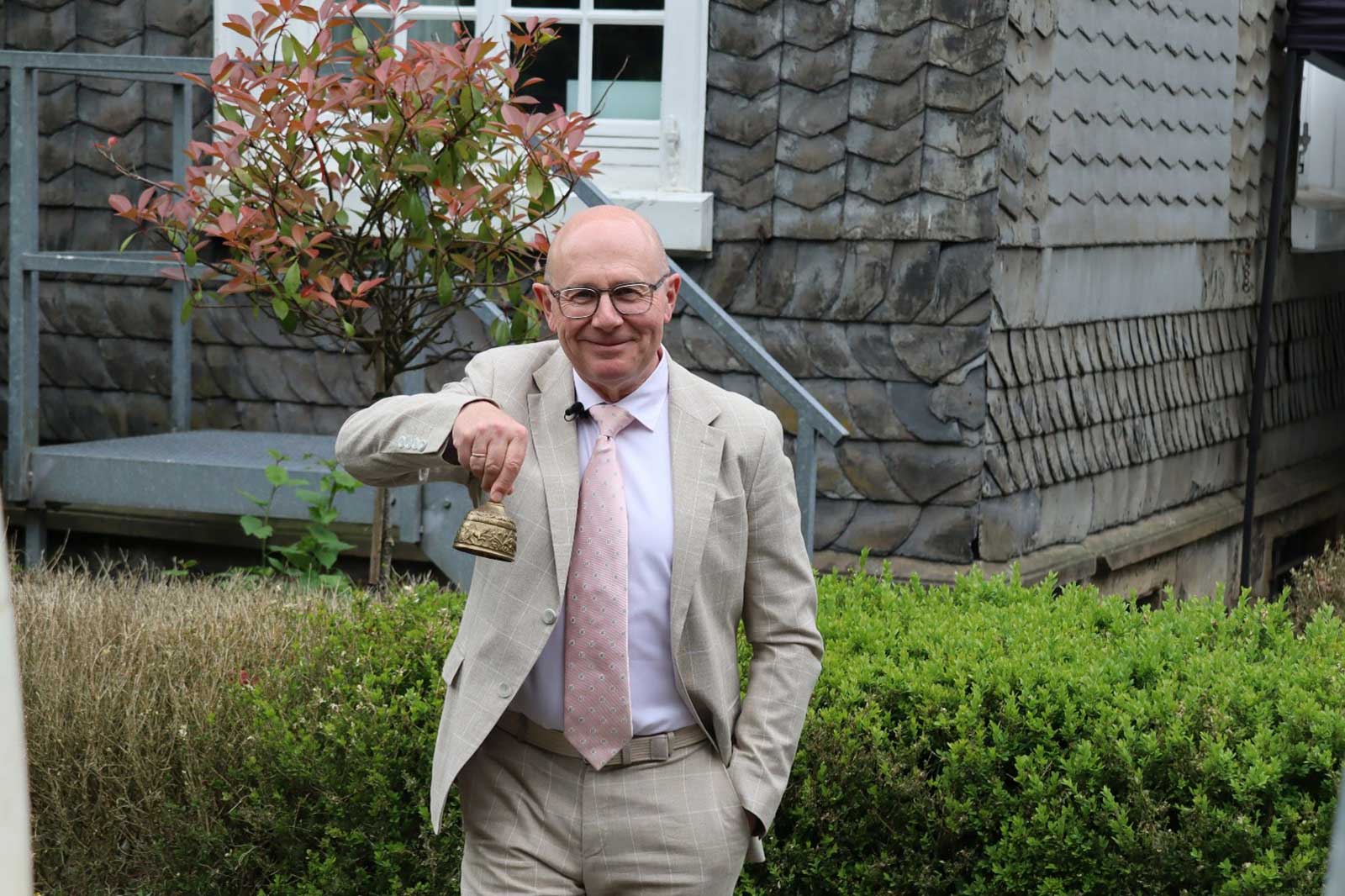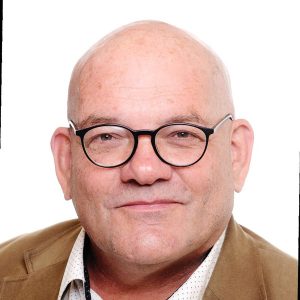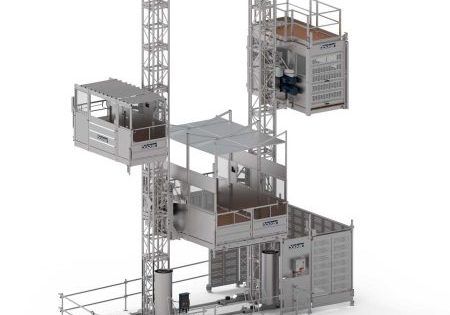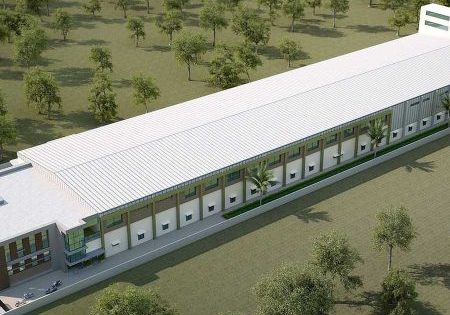At the Schwelm Symposium in May, Wolfram Vogel (WV) took time to speak with your author (SG) about his role in the industry and more.
Prof. Dr.-Ing. Wolfram Vogel has been self-employed with Gut Achten Vogel since 2017 and is based in Baden-Württemberg, Germany. He is a publicly appointed and sworn expert for elevator systems, ropes and lifting technology.
Vogel is a member of the European Committee for Standardization (CEN TC WG1/AH3 “EN81-1 Elevators-Traction”); the Scientific Advisory Board of the conference “Mechanics of Slender Structure MOSS,” University of Northampton; Advisory Board of the trade journal liftreport; chairman of the Technical Committee “Elevators and their Testing” of the Chamber of Industry and Commerce, Stuttgart Region; and on expert committees for metal construction A (419) and B2 (419b) of the German Institute for Building Technology (DIBt), Berlin.
As an expert, he provides independent evidence for court proceedings for local, state and higher regional courts; damage reports for insurance companies, property management companies and private clients; expert opinions on conveyor and material flow technology systems and intralogistics; and fair value assessment of machines in conveyor technology and logistics. As a developer, he provides service life calculations for ropes, support for conformity assessment procedures with notified bodies (NBs) for plant and component manufacturers and product development of safety components.
As a teacher, he gives presentations (organization of international conferences), lectures and continuing-education seminars (for associations, ZÜSen/NBs, operators in various industries).
SG: You are very active in the development of products for the elevator industry with a particular, but not exclusive, focus on suspension systems. Where do you see potential and future demand? Where is the elevator industry headed?
WV: Potential lies in cost-effective elevator systems with high product and installation quality. These are ambitious goals, but they are the only way to meet the requirements of, for example, urban densification and remote monitoring.
SG: You are also very active in all areas of teaching. Do you have a good overview of what is on offer and what is needed? What measures would you recommend to ensure the availability of skilled workers in the short and medium term?
WV: The skilled labor market is a pick-and-choose market. Recruitment is essential, and the more personal, the better. The offers are there, tailored to demand. More value must be placed on the teaching profession to create incentives. Chambers of commerce and politics are just as much in demand here as the associations. Schwelm is moving in the right direction with the North Rhine-Westphalia initiative.
SG: You are very active in event management — European Lift Congress Heilbronn (ELCH), Elevator Days in Heilbronn, the Schwelm Symposium and various VFA events. What would you like to see from those in the future?
WV: Focus on topics such as young talent, vocational training and innovation. We need to spark curiosity and promote interdisciplinary R&D with a view beyond the horizon.
SG: How did you come to the elevator industry and what originally attracted you to it?
WV: Mechanical engineering is a way to get to know many different facets. That’s why I studied it. Elevators hold a bouquet of possibilities in their hands, so to speak. I came to the industry through research work and met Prof. Feyrer at the right time. We worked together trustingly for a long time in a wide variety of fields.
SG: What fascinates you most about this industry today?
WV: The industry offers a unique opportunity to be curious about new topics. Creating unique selling propositions for customers.
SG: What makes your company and its products/services unique?
WV: Diversification in complementary/interrelated fields of work from consulting, R&D and knowledge transfer.
SG: How have your customers’ requirements and expectations changed in recent years, and how are you responding to them?
WV: Loss of industry knowledge leads to questions that go beyond core topics, especially with regard to system understanding.
SG: What role do international markets play in your business, and what specific challenges or opportunities do you see there?
WV: We always enjoy working internationally (my university and DRAKO days were very international/global), although national contacts in Germany and ACH (Austria and Switzerland) have become more important.
SG: What does the “elevator of the future” look like to you?
WV: Safe and low maintenance; part of increasingly complex building logistics will come to the fore with additional benefits. Elevators will make life in densely populated cities possible while conserving resources.
SG: How important are cooperation, partnerships or alliances for the innovative strength and further development of the industry and your company?
WV: This will be the key to the future, as we have already demonstrated on several occasions and will hopefully start again soon. Alliances are the engine of the future — building trust!
SG: What advice would you give to young people or career changers who are interested in a career in the elevator industry?
WV: Always train against the trend. Fill the gap in what will be needed in five-10 years. Today, going back to classic STEM (science, technology, engineering and math) subjects is certainly not a bad idea.
SG: Is there something we haven’t covered that you’d like to share with the industry?
WV: Stay honest and open with each other. And when necessary, speak with a trusted moderator beforehand. Experience shows that it works!
Get more of Elevator World. Sign up for our free e-newsletter.










